Day 161 of the Quarantine (August 21, 2020)
The sound of Yachats is the thrum of the Oregon coastline. Not the rhythmic crashing of waves but a constant, untapped hydrokinetic roar of energy released. Wind to water to sand and sound. I rise at first light from my sleeping bag on the porch (Richard Shelton has his own room and I gave Youngest Daughter and her husband the spare room) and make coffee. Cape Foulweather Beach House blend to set the mood as landward scarves of fog dim the sun to a 40-watt soft glow and mist every leaf and stone and standing shaft of hair. Glorious sweatshirt weather.
The routine: drink coffee and watch birds, run on the beach, skip breakfast, write, eat a late lunch, write, watch birds, hike in the forest, make dinner, stay up late talking with Dick and the kids, sleep, repeat.
This morning, Dick shares his latest writing about Lawrence Ferlinghetti, whom he and the University of Arizona English Department hosted for an informal gathering and reading in the early 1970s. “It seemed to me that the faculty would eat almost anything,” he reads to Youngest Daughter and me, “as long as they didn’t have to provide it and prepare it. And so, I decided on a little experiment. I decided to serve cat-food canapés and see if anybody would eat them.” Dick follows this with a recipe involving Ritz crackers, Friskies Ocean Whitefish Pâté, and olives.
I’m smiling, watching my daughter’s wide blue eyes. She, like me, recalls the story of this infamous Ferlinghetti party, and how the faculty polished off every delicious canapé.
“Husband,” she says as he comes through the door with an armload of ziplocks bulging with blackberries. “Breakfast?”
“Wife,” he says, dropping the bags into the sink. “Coming up?” He’s a licensed contractor in Flagstaff, and while she reports on local science stories for NPR and writes her books, he remodels homes, including their own rough-hewn cabin in the woods. He also cooks and now sets about fixing eggs and savory potatoes with toast and jam.
“Just don’t let Dick in the kitchen,” I say.
“You’re one to talk, Dad,” she says.
For this aficionado of desert hardpan, every escape into the forest is a mission for mushrooms, salamanders, newts, and the elusive banana slug, a ten-inch long, quarter pound, wickedly slimy, tongue-numbing relic of the Pleistocene. My favorite gastropod. All stomach and foot. With a male member as long as its body, which is its foot. Being a hermaphrodite, the female slug is also a male slug.
Licking banana slugs may be a thing, eating them not so much. Of several recipes I’ve tried, the best involves desliming the slugs in vinegar and repeated boiling. Gut them as you would a small fish and coat with egg and Italian style Contadina breadcrumbs. Deep-fry. The texture/taste is like calamari—or chicken nuggets!

I haven’t poisoned myself yet (you can eat anything once), though I once sautéed some false chanterelles at the beach house then thought better of dining on them. My daughter warned me not to lick the rough-skinned newt I found but not before I lifted the slick, amanita-colored amphibian into my hand.
“Toxic skin secretions,” she said, and reminded me of an Oregon man who, on a bet (alcohol was involved), swallowed an entire eight-inch rough-skinned newt. He was dead before the bar closed that night.
Apparently, there’s no known antidote for the poison, something called tetradotoxin or TTX, which is found in poison-dart frogs and pufferfish.
I’d eat pufferfish. Once.
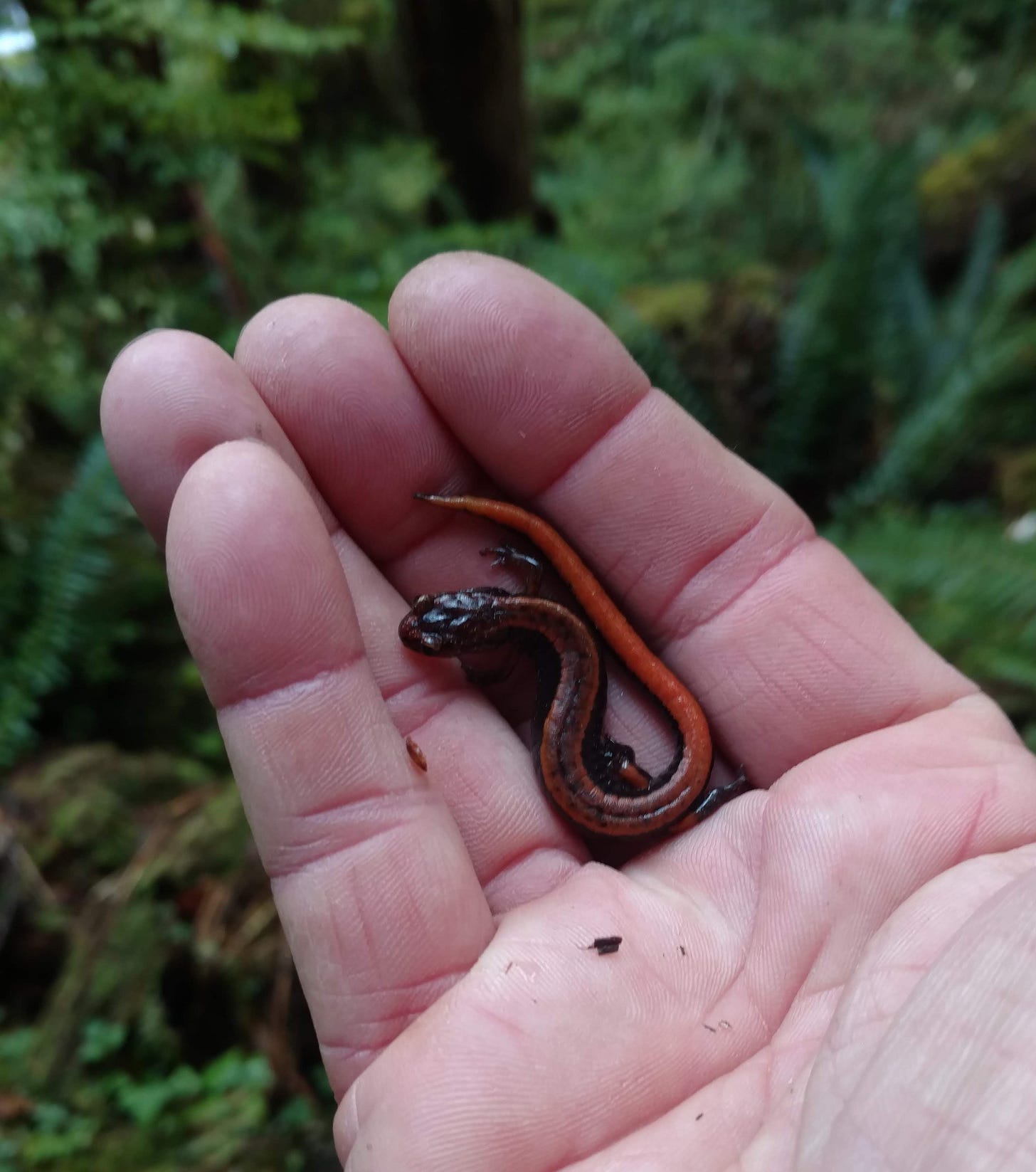
In the evening, I grill salmon—“planked” sockeye on a cedar board with fresh dill and lemon—as a flat, red sun rests on the water and scores of Vaux’s swifts swirl and parachute into the neighbor’s chimney, dragging my eyes with them as though tethered.
I’m tethered to all the birds in this green place.
Thanks for subscribing! More to come…
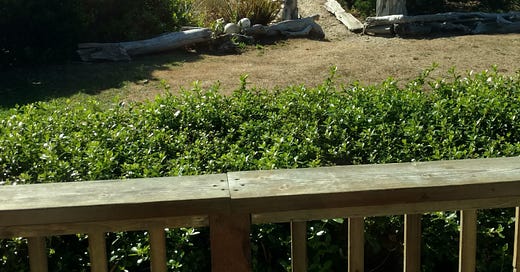



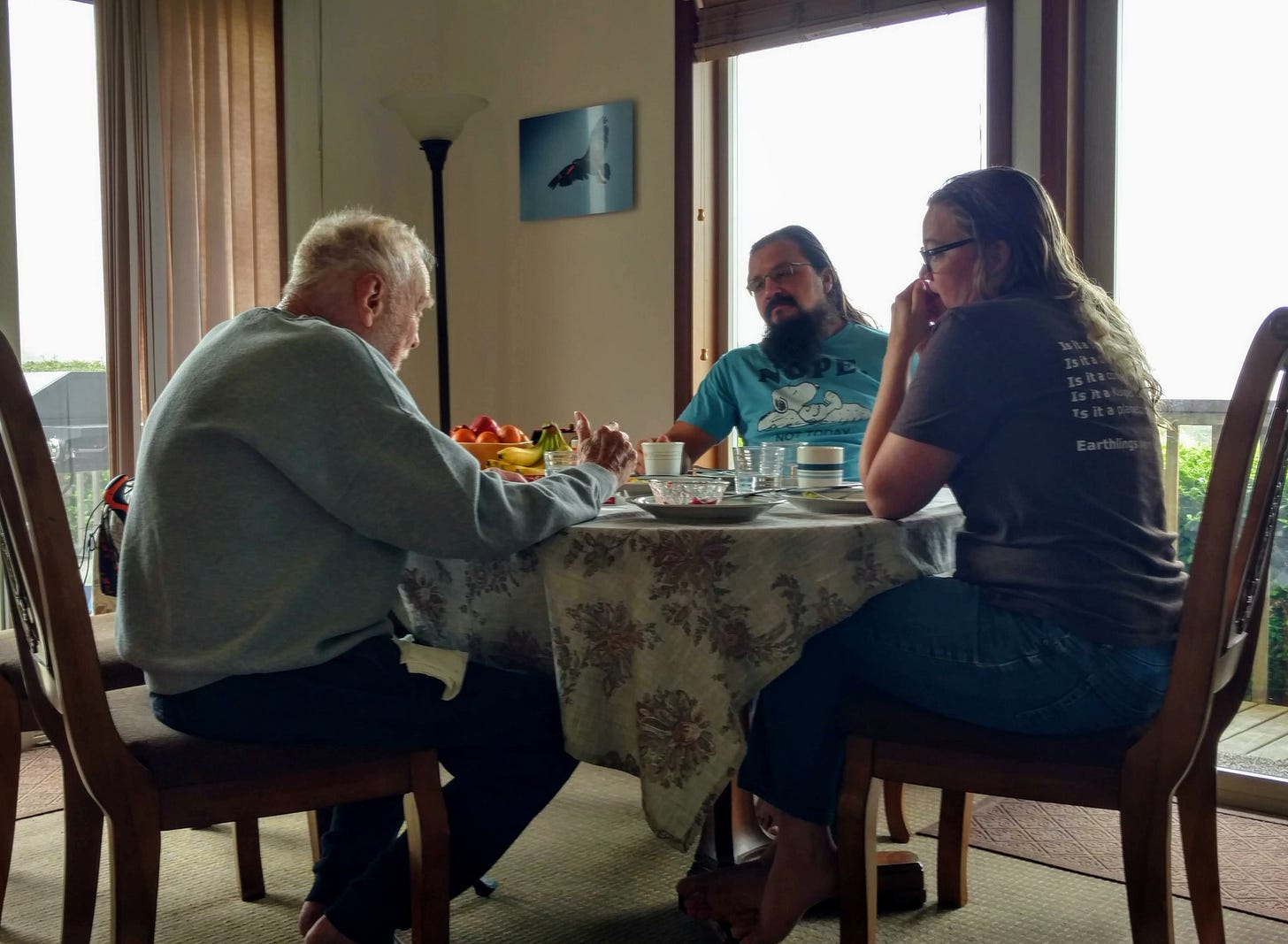
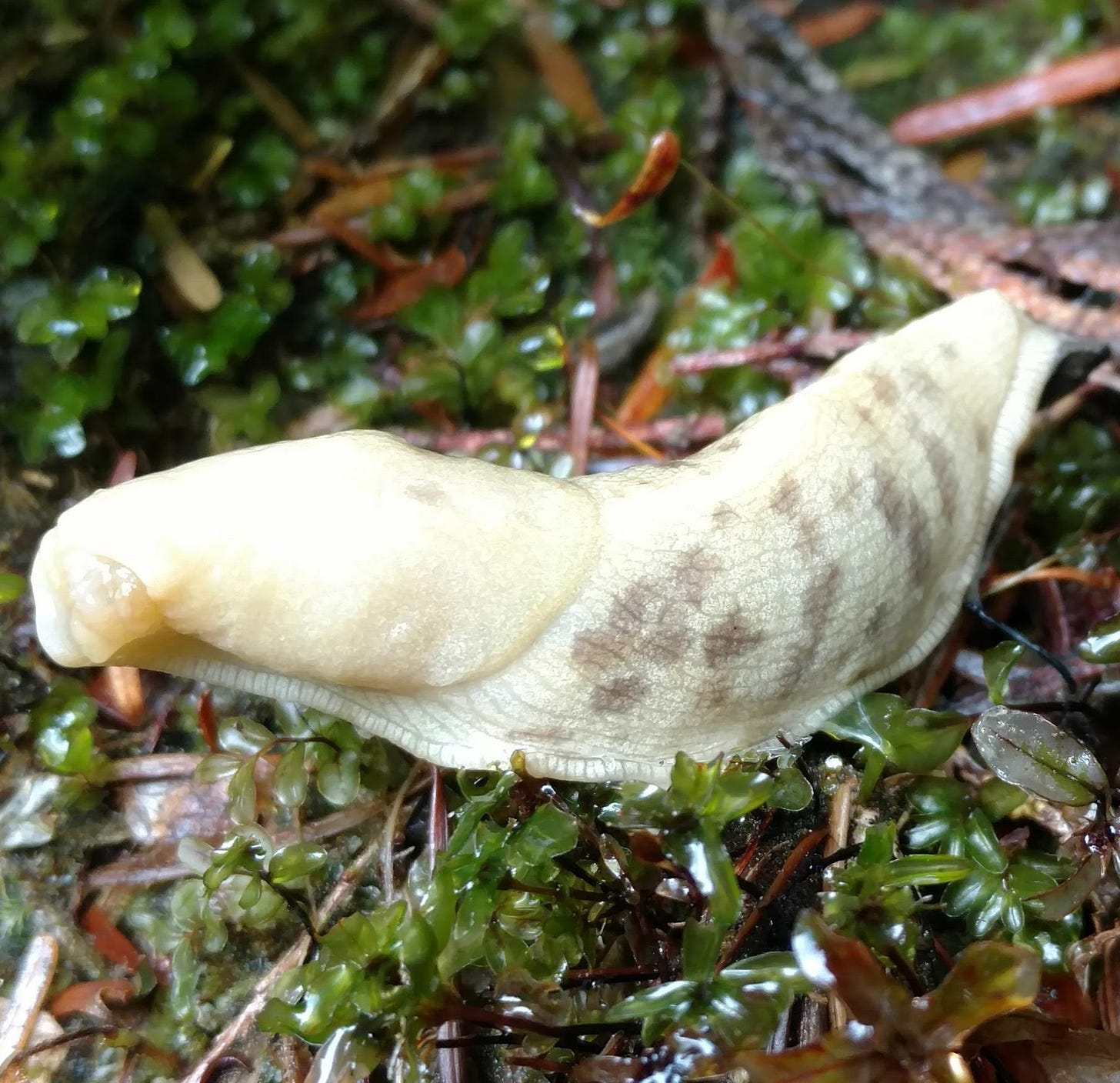
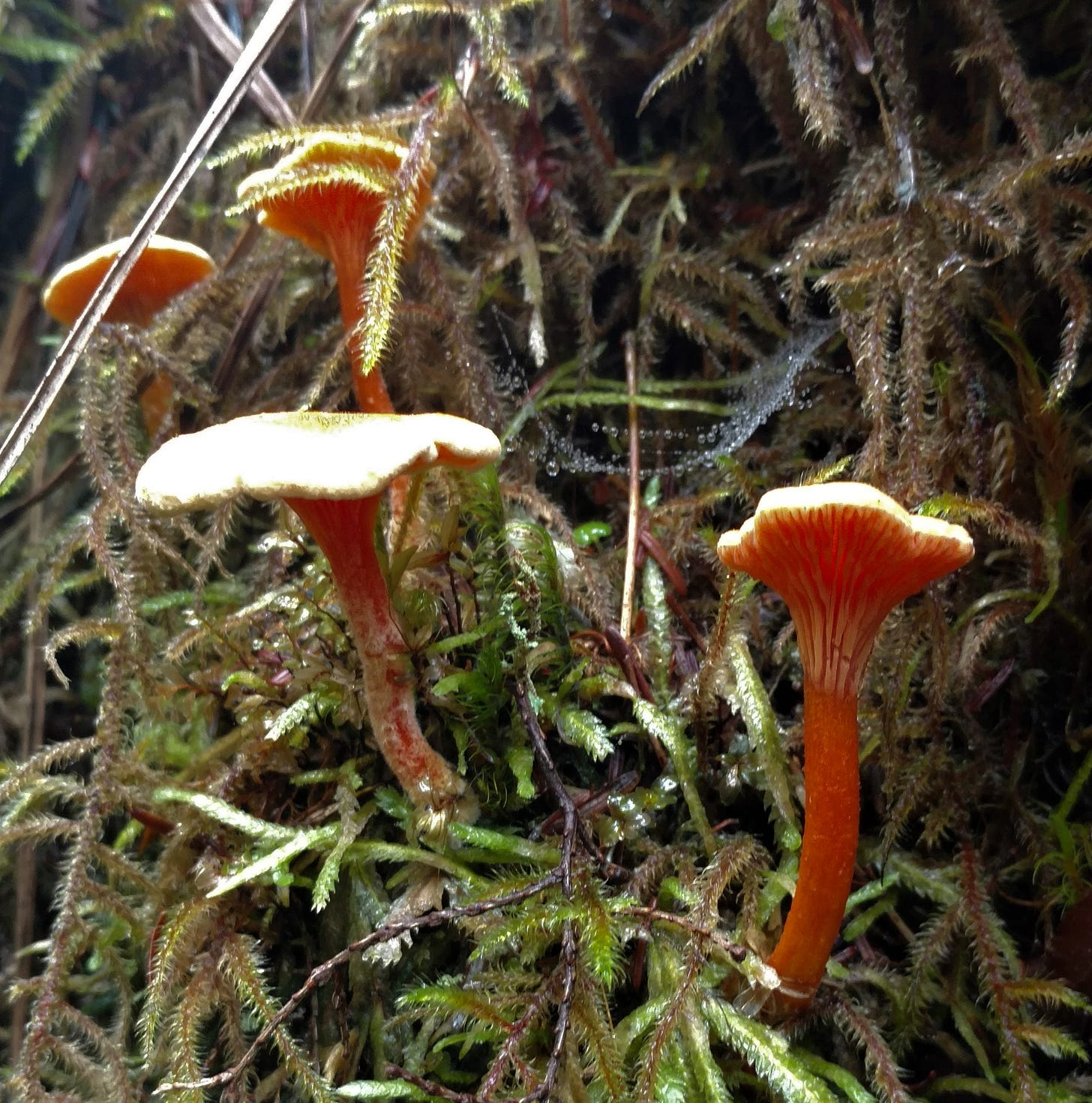
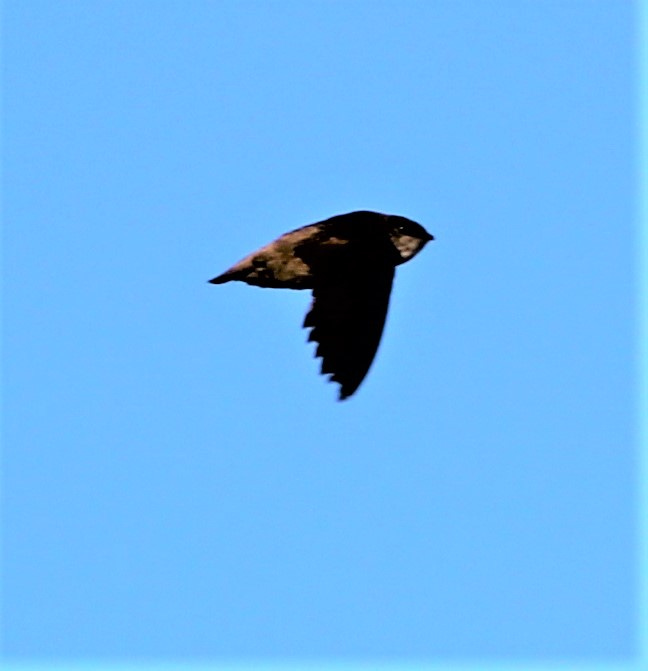
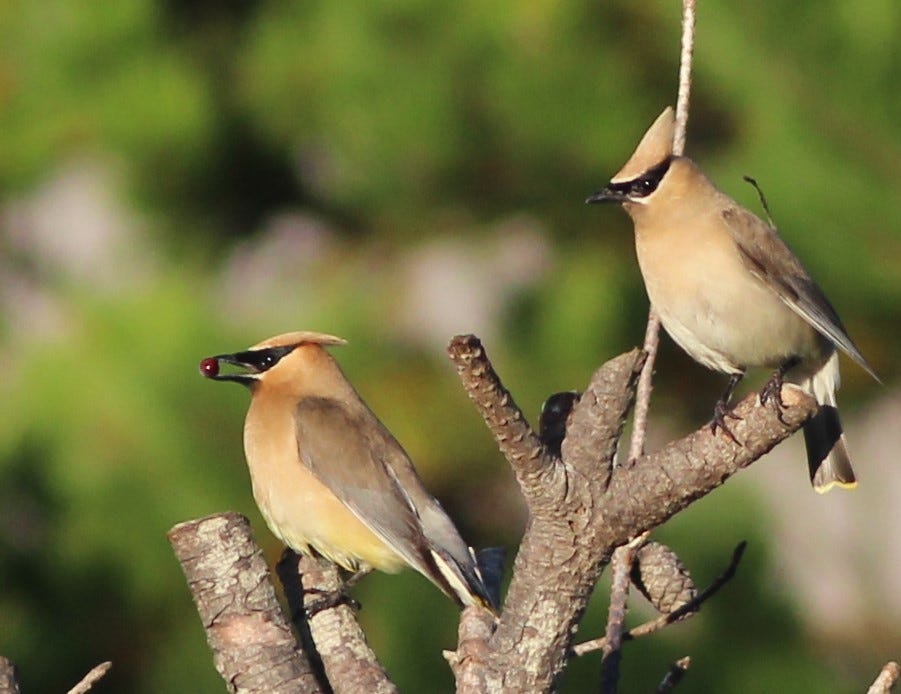
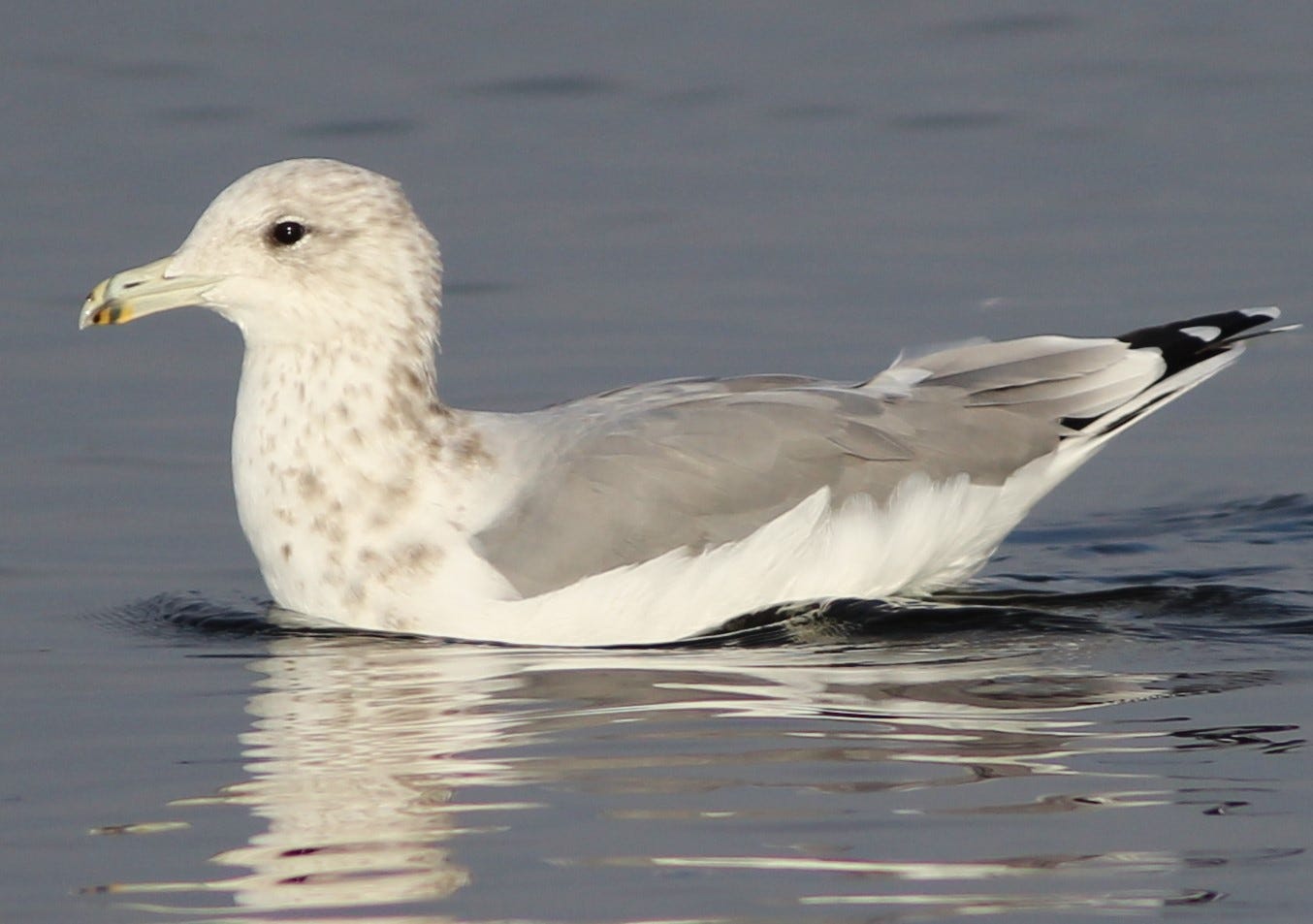
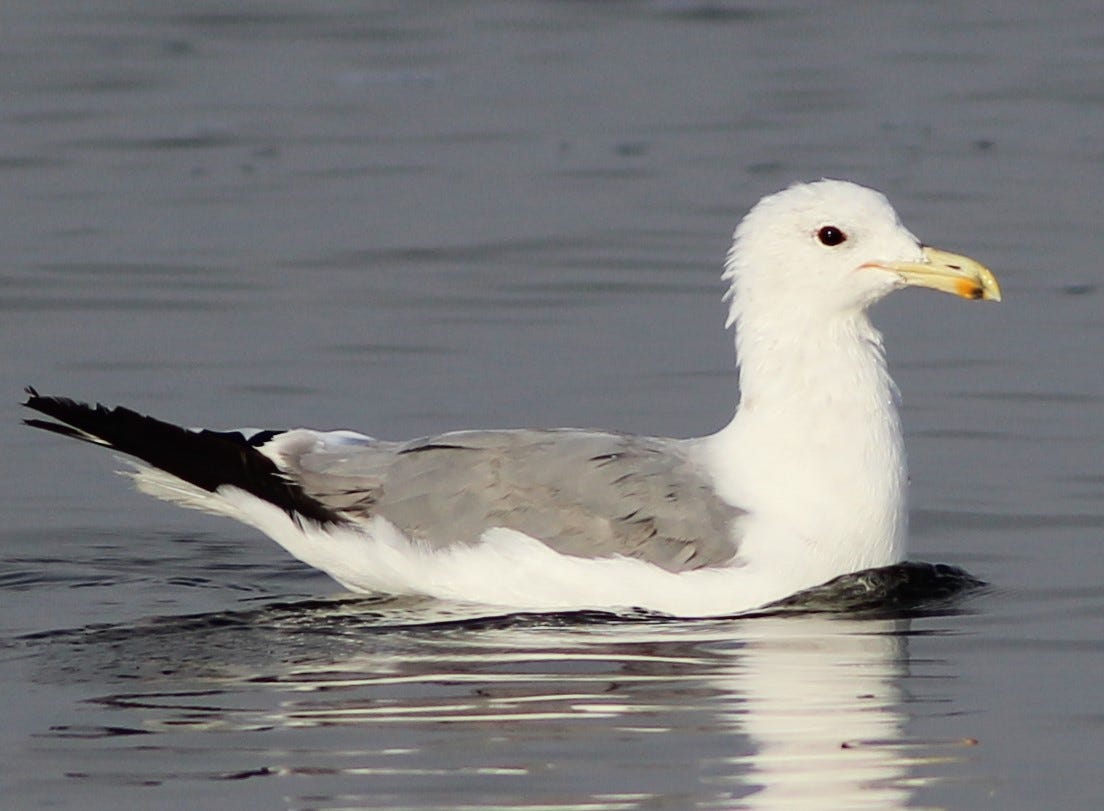
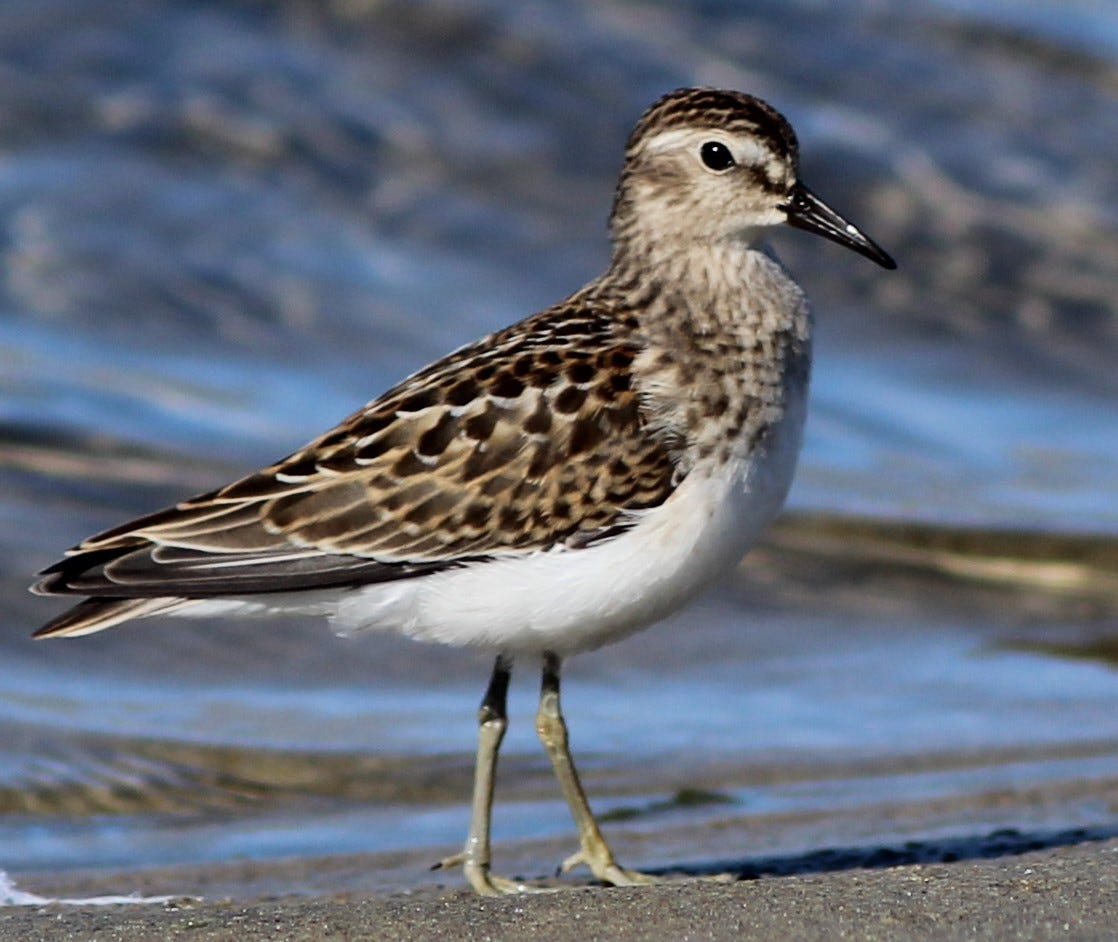
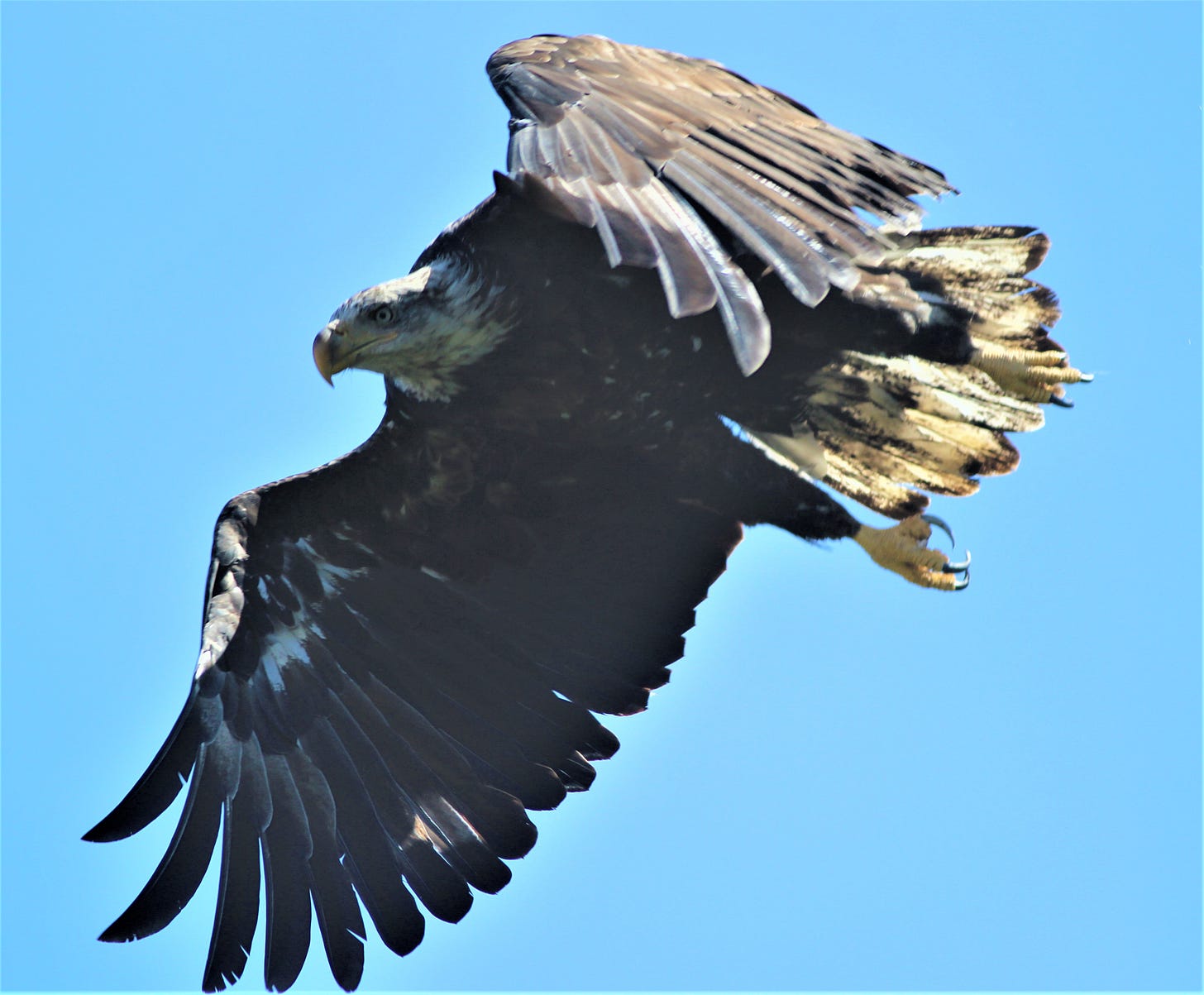
As ignorant children, we would sprinkle salt on banana slugs. I now live with that guilt.